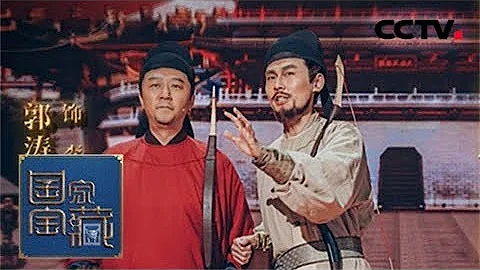
Half saint, Wen Zhenggong, Zeng Guofan
The case of Yang Naiwu and Xiao Baicai became a household name because of Stephen Chow 's "The Seventh Grade Sesame Official". In history, the case of Yang Bai shocked Lafayette Empress . Although the case is famous, it is just the aftermath of the assassination case. Lafayette did not really want to help the civilians, but wanted to use this case to attack the Han Hunan Clan and regain the lost power. Today we will talk about the horse assassination case, which is known as one of the four major cases in the late Qing Dynasty. This case was the origin of the Yang Bai case. This case can also be said to be the trigger of the Manchu-Han dispute in the late Qing Dynasty. Since then, the Manchu-Han war has intensified. By the time of the New Deal in the late Qing Dynasty, the central government established a royal cabinet. The Manchus finally won, but they also buried the Qing dynasty.

Stills of Yang Naiwu and Xiao Baicai
1. Rumors of Heavenly Treasures
There is a well-known story circulating in Nanjing. During Hong Xiuquan's rebellion, he collected countless treasures and buried them under the Nanjing Palace. After the brothers Zeng Guofan and Zeng Guoquan invaded Nanjing, they captured them all and took them back to their hometown in Hunan. Zeng Guoquan set fire to the palace in order to destroy the evidence. There is still controversy in historians today about the story of this heavenly king's treasure. The author is inclined to believe this rumor. At least the Taiping Army must have a treasure trove or silver treasury that was obtained by Zeng.

Hong Xiuquan, leader of the Taiping Army
First of all, The Taiping Heavenly Kingdom implemented a distribution system. Private property was concentrated in the public treasury and distributed uniformly. In this case, it was very likely that the largest public treasury became the private treasury of the king. This is also confirmed in the "Confessions" written by Li Xiucheng, the loyal king of the Kingdom of Heaven. During the march, the Taiping Army collected a large amount of gold and silver and filled it all into the "Holy Treasury", but the "Holy Treasury" was eventually reduced to For the private treasury of the King of Heaven.

天国圣库
Secondly, even if Zeng Guofan did not want power, he had to satisfy his subordinates' material needs. Zeng Guofan's Hunan clique implemented a private military system, with private recruitment and private training. It was a typical feudal army, and everything was tied to money and interests. The entire Hunan clique listened to Zeng Guofan, largely because Zeng Guofan could bring them benefits and money. After Nanjing was conquered, although countless people advised Zeng Guofan to separate the southeast, Zeng Guofan did not agree. Advising Zeng Guofan to establish a separate central government is nothing more than for power and money. In the final analysis, it is for money. Therefore, Zeng Guofan may not agree to separate the regime, but he can never stop his men's desire for money. For this reason, Zeng Guofan had to use pay and silver to reward the three armies. We have reason to believe that the treasures of heaven will be divided privately by the Zeng family.
Third, the whereabouts of the Zeng clan. After Nanjing was pacified, Zeng Guofan's family returned to Hunan from Nanjing, escorted by more than 200 people and several ships with deep water, which further strengthened the theory that Zeng had obtained treasure.

Zeng Guoquan
2. The Horse Stabbing Case
In the 1860s, after the Tianping Heavenly Kingdom was pacified, the Qing Dynasty did not return to peace. At this time, the central government of the Qing Dynasty was overwhelmed by compensation for land cession, rebellion from the northwest, and the Westernization Movement. In order to make up for various shortcomings, it was necessary to open source funds, and rumors of folk paradise treasures spread to Beijing. At this time, the southeast was already full of Hunan forces. In order to open up the situation in the southeast and find the treasures, the Qing Dynasty sent Ma Xinyi as the governor of Liangjiang to govern in the southeast.

The film "The Letter of Prosecution" that evolved from the horse stabbing case
On the morning of July 26, 1870, Ma Xinyi, the governor of Liangjiang, returned to the Yamen in a sedan after a military parade at the Nanjing school field. On the way, he encountered a man blocking the road and shouting injustice. Ma Xinyi took the paper and suddenly a man rushed out , stabbed Ma Xinyi with a dagger. After the assassination, the man did not run away. Instead, he called himself " Zhang Wenxiang " and was captured by the government officials. Ma Xinyi died the next day. This was the first assassination of a high-ranking governor-level official since the founding of the Qing Dynasty, and was known as the "horse assassination case."
After Ma Xinyi was assassinated, the central court was extremely shocked and issued a series of imperial edicts urging local officials to conduct a thorough investigation immediately to find out Zhang Wenxiang's purpose and instructions.Led by General Jiangning at the time and Hongqi man Kuiyu , the Nanjing government immediately got into action and interrogated Zhang Wenxiang together with various yamen in Nanjing, but they couldn't get the point. After that, the Qing Dynasty sent people from Zhili and Zhang Zhiwan, the governor of water transportation, as imperial envoys to Nanjing for investigation. On October 12, the two reported that Zhang Wenxiang had a personal grudge against Ma Xinyi, that Zhang was a pirate and had been arrested by Ma, and that Zhang stabbed Ma to vent his anger. There was no mastermind behind the stabbing. Originally, the case could be closed by writing this, but in his memorial to the court, Zhang Zhiwan added another sentence: "It is still credible." As soon as the word "Shang Shi" came out, all the previous conclusions were overturned at once, because "Shang Shi" can be translated as temporary, temporary, and it is a helpless move without clues. This immediately aroused the court's curiosity.

assassinated
in the street. In October, Cixi summoned Zeng Guofan to report. Cixi asked: "Isn't this matter of Ma Xinyi very strange?" Zeng replied: "This matter is very strange." Subsequently, Cixi asked Zeng Guofan to serve as governor of Liangjiang and go to Jiangnan to conduct a thorough investigation, but Zeng Guofan delayed his departure on the grounds of recovering from illness. More than 10 days later, Cixi summoned Zeng Guofan again and said, "The matter in the south of the Yangtze River is important. I hope you can go as soon as possible." Zeng replied, "I'll go as soon as possible. I don't dare to delay."
Zeng Guofan went south and took a person with him. , this person is none other than Zheng Dunjin, the head of the Ministry of Punishment. He is from Changsha, Hunan and an in-law of Zeng Guofan. He is known for his impartiality and his ability to solve cases like a god. After the two arrived in Ning, they joined Kuiyu and Zhang Zhiwan to interrogate Zhang Wenxiang again. Finally, Zeng and Zheng gave a memorial to the court: Zhang Wenxiang was a remnant of Hong Xiuquan's party and had no other mastermind in the murder of Xinyi. According to Lingchi, capital punishment.
On March 26, 1871, the imperial court issued an edict to close the case. On April 4, Zeng Guofan personally attended the execution to supervise the execution, and Zhang Wenxiang was chopped to death.

The remnants of the Taiping Army
3. The aftermath of the assassination case
The assassination case seems to have ended simply, but in fact the aftermath still exists.
Because Ma Xinyi's death was so strange, in the 200 years since the founding of the Qing Dynasty, there had never been a successful assassination of a high-ranking governor in the street. Especially Zheng Dunjin, one of the chief judges, submitted his resignation report on the grounds of illness on his way back to Beijing. , without waiting for a reply from the court, he had already disbanded and returned to his fields. So much unofficial history and rumors surrounding the assassination case. Let us put aside the fictional factors and objectively analyze whether and who is behind the assassination case.
From the conclusion, who is the biggest beneficiary of the assassination case? It's Hunan. Therefore, many people believe that Zeng Guofan is behind Zhang Wenxiang. Zeng Guofan's envoy theory is one of the main theories in the assassination case. However, the author is more inclined to believe that the assassination case was not necessarily instigated by Zeng Guofan, but was promoted by the Hunan clique. Zeng Guofan knew about it but did not stop it.

Governor of Liangjiang
First of all, the Hunan Clique is not Zeng Guofan's one-word statement. Zeng Guofan is the leader of the Hunan Clique, but the Hunan Clique is complex and a combination of interests, maintained by marriage, school friendship, and hometown friendship. Zuo Zongtang 's Chu lineage, Li Hongzhang's Huai lineage can be regarded as peripheral branches of the Hunan lineage. Zeng Guofan is more like the commander-in-chief of the feudal town in the late Tang Dynasty. He is the representative of the interests of the generals in the feudal town. He holds most of the power, so Zeng Guofan must consider the interests of the Hunan clique in everything. Moreover, the capital of Zeng Guofan's fortune was the Hunan Clan, so the interests of the Hunan Clan must be consolidated. What are the fundamental interests of the Hunan system? It's southeast. After the assassination, the number one bureaucrat in the southeast, the Governor of Liangjiang, was monopolized by the Hunan clique for a long time. Since Ma Xinyi's death in 1870, most of the governors-general of Liangjiang were Han Chinese, and they were Han Chinese who were deeply involved in Hunan relations. The famous Hunanese Zeng Guoquan, Zuo Zongtang, and Liu Kunyi all served many times.

Liu Kunyi
Second, ruin the clues to the treasure of heaven. The secret sharing of the treasures of the Kingdom of Heaven by the Zeng brothers was very popular in the 1870s, and it was even rumored that Zeng Guofan was going to be "Chenqiao mutiny, and put on a yellow robe" by his subordinates. Let’s not mention the treasure of heaven for now, but it is true that countless people persuaded Zeng Guofan to enter. In this situation, Ma Xinyi came.People at the time commented that Ma Xinyi was promoted from a county magistrate to a governor in less than 20 years. He did not have to do much work, but he participated in the military. He first oversaw Fujian and Zhejiang, and then moved to Liangjiang. He was attached to Youlong, which was almost unparalleled. It can be seen that Ma Xinyi's rapid promotion is very abnormal. It is obvious that he was sent to Nanjing by the imperial court to add sand to the Hunan clique. At the same time, he acted as the court's eyes and ears to supervise the Hunan clique and investigate the treasures and Zeng's rebellion. But once Ma died, everything came to an end.

Qing Dynasty bureaucrats
Third, Huang Yisheng . Huang was from Changsha, Hunan. He was highly regarded by Zeng Guofan and was a close confidant of Zeng. After the assassination, Huang was suddenly promoted to admiral of the Yangtze River Navy. Therefore, historians have always believed that the person who bribed Zhang Wenxiang was Huang Yisheng. After Zeng Guofan's death, Huang's position as admiral was also shelved by the court due to unfounded charges. This was most likely the imperial court's revenge against Huang.
In short, taking the assassination case as an opportunity, the Hunan clique consolidated its power in the southeast and became the biggest profiteer from the assassination case.
4. The dispute between Manchu and Han, and the dispute between central and local governments
The dispute between Manchu and Han actually lasted throughout the Qing Dynasty. When the Qing emperor was strong, this kind of dispute was not obvious and the Han people could only bow their knees. However, in modern times, the Qing Dynasty gradually They were defeated in the great war, the imperial power was weakened, and the Manchu-Han conflict was rising again. Behind this lay the struggle between the central and local governments.
In short, the modern Manchu-Han conflict began with the Taiping Heavenly Kingdom. Wherever the Taiping Army went, officials were purged, causing the number and level of officials in the southeast to plummet and causing huge damage to the economy of the southeast. Under such circumstances, Zeng Guofan's Hunan clique emerged, and members of the Hunan clique filled the gap in the officialdom of the southeast. After that, the Taiping Army repeatedly attacked the Manchu camp in Jiangbei, causing the Manchu power to weaken even more. The affairs in the southeast could only be maintained by Zeng Guofan and the Hunan clique. Behind the assassination case, the imperial court wanted to add sand to the southeast, but was counterattacked by the Hunan clique.

The Hunan Army's War
Afterwards, the governor of Liangjiang was basically in the hands of the Han people. When the Eight Kingdoms invaded China, mutual protection between the southeast and the south, the power of the Han people reached its highest peak. When Cixi declared war on the Eleven Kingdoms, the southern governors openly defied the central government's orders and refused to send troops. Cixi was helpless about this.
By the time of the New Deal at the end of the Qing Dynasty, when the Qing Dynasty was establishing a cabinet, the Qing Dynasty placed all the confidential departments in Manchus, with the intention of counterattacking the already enlarged Han bureaucracy. However, the result was that the Manchus and Han Dynasties were completely at odds, and the officialdom of the Qing Dynasty fell apart and was completely lost. People's hearts, led to the demise of the Qing Dynasty. It can be seen that the assassination case has planted the seeds of the demise of the Qing Dynasty.
Literature and History Jun said
Although the Hunan clique gained momentum after the assassination, it was not all smooth sailing for them. In 1872, Zeng Wenzheng passed away. In 1876, the well-known Yang Bai case occurred. This case was a test of the Qing Dynasty's counterattack against the powerful Hunan clique. The Yang Bai case was originally a minor case, but Cixi used it as a pretext to attack the Hunan clique. A large number of Hunan cliques, including Yang Changjun, Hu Ruilan, the governor of Zhejiang, were dismissed. The Hunan clique then gave way to Zeng Wenzheng's apprentice, the leader of the Hunan clique, Li Hongzhang. The Huaihe system can be regarded as the periphery of the Hunan system, and its model is exactly the same as that of the Hunan system. Therefore, the Qing Dynasty's counterattack was actually not successful. The truth behind the horse stabbing case has been replaced by the power struggle, and the truth is no longer important.
References
Ma Dongyu: "The Horse Stabbing Case and the Secrets of the Qing Palace", "Forbidden City", Issue 03, 1996.
Peng Changqing: "The Horse Stabbing Case in the Late Qing Dynasty", "Forbidden City", Issue 05, 1988.
Guo Huixin: "Research on the Realization Significance of Zeng Guofan's Ethical Thoughts", Master's Thesis of Shenyang University of Technology, 2021.
(Author: Haoran Literature and History·Zi Ju)
This article is an original work of Haoran Literature and History, a self-media popularization of literature and history science. Reprinting without authorization is prohibited!
The pictures used in this article are all from Internet searches unless otherwise noted. If there is any infringement, please contact the author to delete it. Thank you!
Haoran Literature and History is a self-media for popularizing literature and history with an all-doctoral team, and is a high-quality author in literature and history on the mainstream platform of the entire network. makes professional history more interesting and interesting content more in-depth. Ancient and modern times, China and foreign countries, archeology and cultural heritage. For more content, please pay attention to our public account of the same name (id: haoranwenshi)
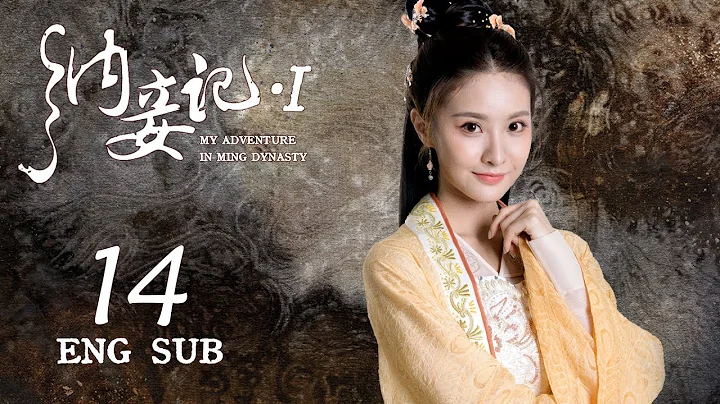

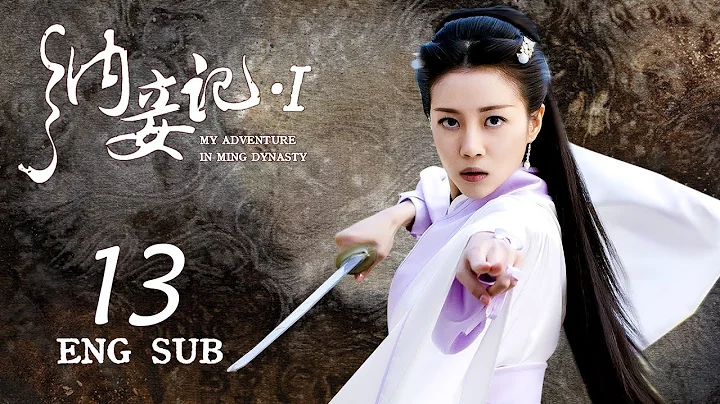


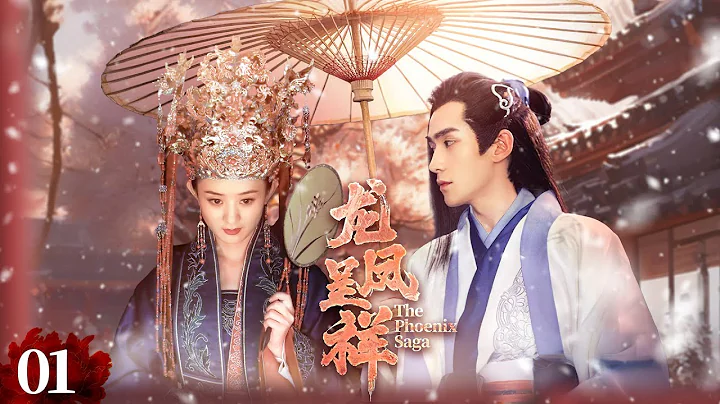

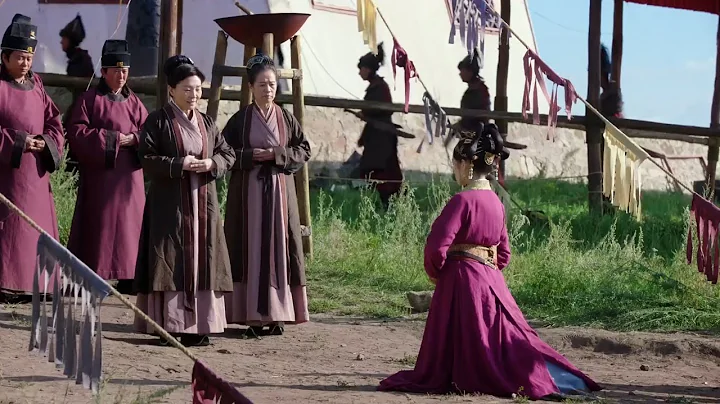
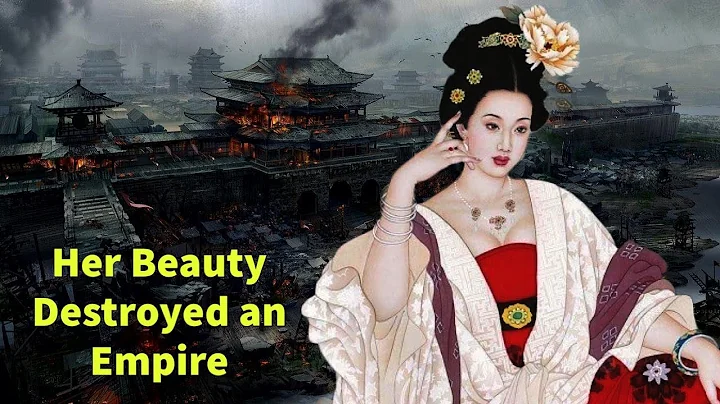



![[ENG SUB] A History of China: 唐代宗教 Religion in the Tang Dynasty 兼容并蓄:唐代的宗教思想 | EP51 | 中国通史 - DayDayNews](https://i.ytimg.com/vi/dVSHOv86XiI/hq720.jpg?sqp=-oaymwEcCNAFEJQDSFXyq4qpAw4IARUAAIhCGAFwAcABBg==&rs=AOn4CLABLVidfgh83c7d28MwDVoDdq4cMA)
